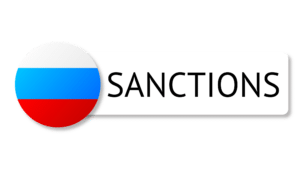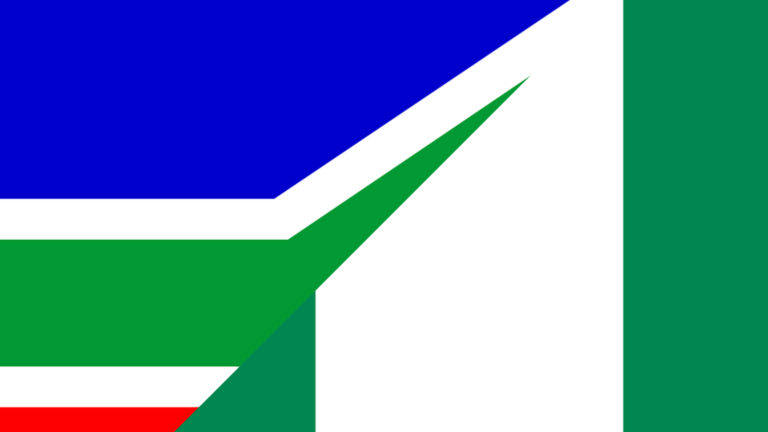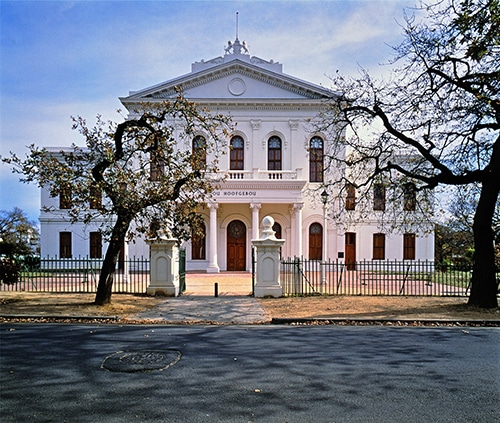Sanctions compliance in independent schools has presented a serious challenge to schools in the UK that are fee-paying.
The moral and ethical dilemma of applying sanctions to schoolchildren is obvious. Should the abhorrent behaviour of an autocrat like Vladimir Putin affect the education of schoolchildren in foreign schools?
Where is the line drawn? On the one hand some UK Government Ministers have indicated that they feel that Russian children should not have the right to an education in the UK and be returned to Russia. The opposing viewpoint considers whether children should be held responsible for the “sins of their fathers.”
The fact is that sanctions have been applied to Russian nationals, banks and businesses as well as Government officials and organisations following Russia’s illegal invasion of Ukraine. These groups will typically have ties to the Kremlin.
Overseas assets have been seized or frozen, and limits placed upon the bank accounts of Russian Nationals in the UK allowing access to a ceiling of £50,000.
The aim of sanctions is to limit the ability of Russia to finance its military operations for a prolonged period.
The sanctions package applied by the United Nations and individually by the UK, US and numerous other nations is wide ranging and includes oil and gas exports, imports into Russia of electronics and other goods and services, particularly dual use components that could be applied for military usage. Other sanctions have been placed on individuals and businesses, seizing assets and money and preventing access and operations in domestic markets.
There are few embargos in place that would prevent activity in a particular area altogether.
 Sanctions compliance in independent schools
Sanctions compliance in independent schools
In March 2022 the Independent Schools Council(ISC) advised independent schools that make up its membership not to take fees from Russian nationals. The ICS went on to warn its members that they may face legal issues if they did accept payments from individuals or entities that had been sanctioned by the UK Government.
The group went on to advise its members that they should be on “high alert” over suspicious payments and that any suspicious activity should be reported to the authorities.
But the sanctions environment is a complex one. Independent independent schools in the UK may have to consider sanctions applied by both the UK government and United Nations. Understanding what the sanctions are, how they apply to school fees and the implications of non-compliance requires specialist knowledge.
How are the fees for those children paid?
This in itself presents numerous challenges in identifying where fee payments originate and is the biggest challenge in terms of sanctions compliance in independent schools. The bank that transacts the payment of fees must be identified. If it is a bank that is sanctioned then the school could face legal consequences.
But it is not only the final payment that could be impacted. Does a sanctioned bank appear somewhere in the supply chain of payments? Is money being funneled through one or more banks to defeat the sanctions?
How are the sanctions to be interpreted in any given situation?
It could simply be the case that for the purpose of sanctions, the only bank that needs to be identified is one that directly transacts with the school’s bank. But sanctions are notoriously complex so the reality could be more complex.
A school, which lacks the resource and knowledge to investigate this type of issue, could unwittingly breach the sanctions.
Who are the Parents or Guardians?
The parents of Russian children attending independent schools in the UK may not be directly involved in the school. Often trusts or companies owned by the parents or guardians will be the vehicle through which fees are settled.
We’ve all heard the term “shell company”. These companies don’t create products, employ people or generate business. They exist simply to store money and make financial transactions. They can be used for legitimate purposes like holding capital for a start-up business, but are often used for illegal purposes like money laundering.
That isn’t to say that shell companies themselves are unlawful because they are not.
They may be utilised as a vehicle to move money across borders and to protect the identity of children in independent schools. After all, the child of wealthy parents could be a target for kidnapping, extortion, or coercion.
Schools will face challenges when it becomes difficult to identify the relationship between the company and any sanctioned individuals. The company itself could be a subsidiary of another company or a subsidiary of a subsidiary. The trail can be complex and difficult to follow if someone is deliberately attempting to hide their true identity to beat the sanctions regime.
Of course, this scenario applies to those individuals who are trying to hide their identity.
How do Russian Parents Pay?
The UK Government has limited access to UK bank accounts for Russian nationals to £50,000. This presents a problem for those parents who have fees to pay. They may not be able to access enough money to pay fees for their children. These parents paying fees through conventional means may struggle to access the finance required and simply by being transparent may be identified as individuals who schools cannot accept fees from whether by choice of bank or who they are for example.
Sanctions Compliance in Independent Schools and the Challenges that they Face
Schools have expressed their concerns for the wellbeing of pupils whose parents may struggle to pay fees, and how they deliver their duty of care to those children.
Schools must also consider the financial implications.
There are approximately 2300 Russian children being educated in independent schools in the UK with fees averaging £44,000. The potential loss of revenue could be significant to schools.
The ISC reports in its 2022 census that 25,079 pupils have parents who live overseas. This represents 4.6% of the total population, but it is not clear how many foreign nationals domiciled in the UK send their children to independent schools.
The challenge that schools face is the need to find the balance between ensuring that they meet their duty of care to their students, managing their financial position effectively, and not breaching international sanctions.
The biggest challenge will be the need to understand, interpret and navigate complex sanctions. This could prove to be a costly exercise for schools where specialist knowledge is required to provide robust advice and strategies to mitigate and manage risk.
What’s the Answer to Sanctions Compliance in Independent Schools?
Adequate sanctions compliance in independent schools will require a level of specialist knowledge and expeditionary solutions that will enable schools to understand their responsibilities with regard to sanctions management, while maintaining their financial position could be prohibitively high for individual schools.
However, independent schools face similar challenges so a collective approach could share the financial burden while making the required knowledge and strategies available to all parties taking part in such a collective.
The legal advice, guidance, and strategic knowledge developed through a collective approach and led by experts in the field of sanctions management could be made available through the Independent Schools Council to its members, for example.
It is crucial that schools take proportionate and relevant measures to manage risk and to provide a robust defence in the event of an investigation and possible prosecution.
Among the Measures to ensure Sanctions Compliance in Independent Schools are:
- The creation, implementation, and maintenance of a Sanctions Management Strategy focussed on the particulars that impact schools
- Introduce, implement, and regularly review a Sanctions Compliance Program
- Appoint a Sanctions Compliance Officer and introduce relevant training
- Review PR and media strategies, and put in place a crisis management plan in the event that it is required
- Undertake a review of the current position with regard to Russian students in school and the status of their parents, associated organisations, and banking arrangements.
- Review sanctions insurance cover.
The specifics of a Sanctions Management Strategy and Compliance Plan would depend upon the particular challenges facing independent schools that we have examined in brief in this paper, the sanctions that apply, and individuals, organisations, and structures that are in play that could present a risk to the schools themselves.
As a global leader in compliance in integrity, Pavocat retains the expertise that is required to develop the strategies and deliverables that independent schools require to manage their risk, protect their financial position and deliver their duty of care to students in the current international sanctions environment.


 Sanctions compliance in independent schools
Sanctions compliance in independent schools

